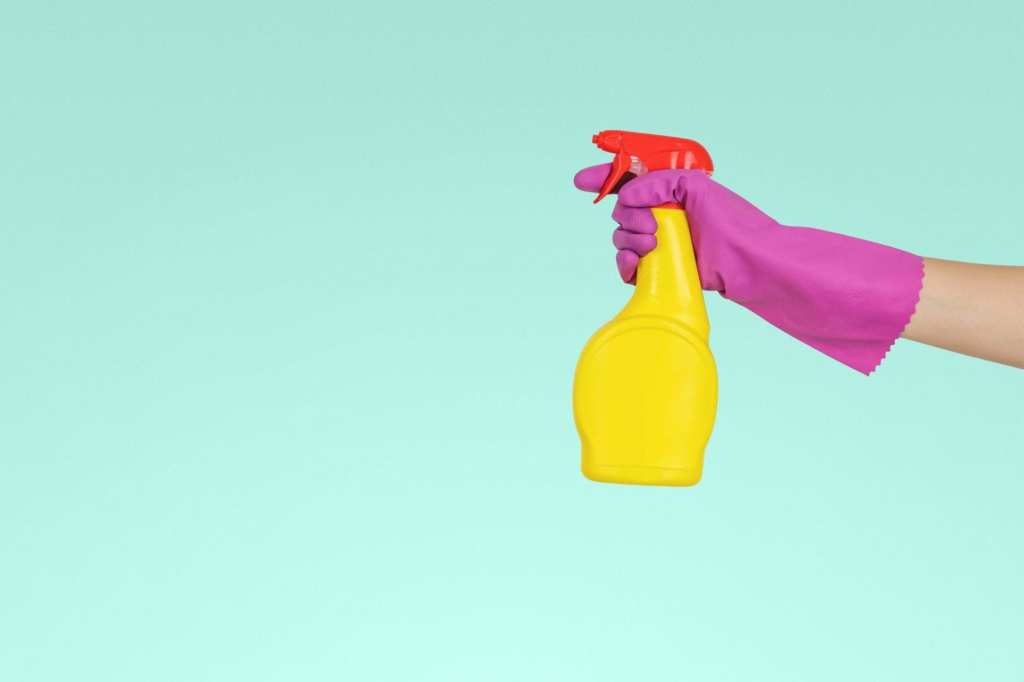Trending Now
Whether you work in the food-service industry or are simply tidying up your home, be careful about mixing cleaning supplies. The chemical components in some popular products can turn fatal when used in unison. In fact, in November, a Massachusetts Buffalo Wild Wings manager died as a result of inhaling vapors from a cloud of toxic gas that formed when two common cleaning products were accidentally mixed.
While there were no other fatalities, 10 people, including a few customers, were hospitalized due to the unforeseen accident. The culprit? A combination of Scale Kleen and Super 8—both of which are utilized throughout the restaurant industry. Both cleaning solutions are government approved, but the combination of the two created a green, bubbling puddle on the kitchen floor that caused devastating damage.
According to Joseph Topczewski, a chemistry professor at the University of Minnesota, cleaning agents fall into two categories: solubilizing agents and chemically reactive agents. Examples of the former include soap and shampoo and are generally pretty safe. However, chemically reactive agents, such as the popular product Drano, change the nature of the materials they come into contact with. It makes them useful—but dangerous.
Bleach also falls into this category, and although it is beneficial for killing bacteria and germs, it is still a dangerous chemical used both commercially and residentially worldwide.
“The reason bleach is useful is because it is reactive,” he explained. “But because it is reactive, it can obviously react—and it does, with a bunch of stuff,” the professor explained.
In the case of the Buffalo Wild Wings tragedy, combining a base (Super 8) and an acid (Scale Kleen) produced chlorine gas—something so toxic it was actually used as a chemical weapon in World War I. The use of chlorine gas in war is now illegal under international law.
In order to avoid a repeat of this restaurant fatality, Topczewski suggested that people read product labels to determine which reactive cleaning agents should not be mixed.
Josh Marell, a chemistry professor at the University of Minnesota Rochester, said people shouldn’t be fearful about cleaning their house—there are plenty of warning signs of a potential fatal chemical reaction, including: bubbles, fizzing sounds, heat changes, gaseous byproducts or solid deposits in the liquid.
“Household chemicals are chemicals,” Marell said, “and care and respect should be given to make sure you are using them in an informed and safe way.”
So before you bust out the mop and bleach, make sure to read the label and ventilate your room. Staying safe is just as important as staying clean.






